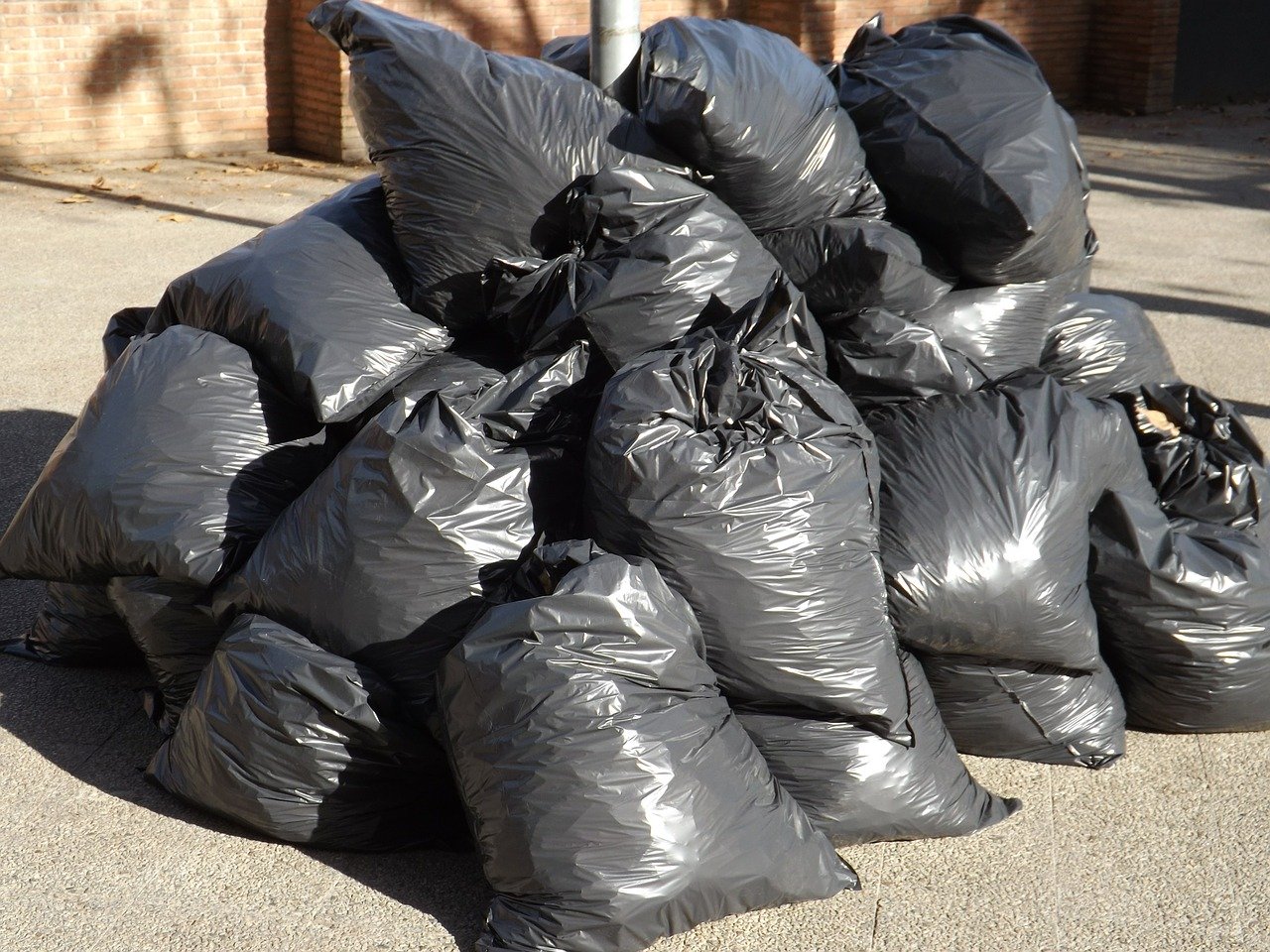Due to the coronavirus pandemic, rubbish is increasing more than everyone expected. The threat of the COVID-19 is impairing people in the cleanout services while households are consistently producing extra amounts of trash.
For the past three months, online shopping and deliveries are rampant. Australians have thrown 10 per cent more recyclables and rubbish in the kerbside bins. In Sydney, rubbish piles on different streets, making the place untidy. The statistics present that problems with rubbish are getting more serious and affects everyone.
Here are some of the statistics and facts on how the rubbish gets worsen during the lockdown period in Sydney:
Improper Waste Disposal
The streets are getting full of littered items unable or willingly discarded by households. City of Canada Bay Council in Sydney reported an increase of 50% in household materials throughout April compared last year. Meanwhile, illegal dumping has increased by 35% in the city.
Improper disposal of waste increases as household rubbish is getting hard to discard. The illegal dumping clutters the streets– making the outdoors unwelcoming to people. On the lighter note, the cleanliness of your vicinity much reflects what values you have–thus it is essential to recycle and reduce the rubbish outdoors.
The blame for improper disposal of waste is partly because of the people collecting rubbish. Some councils such as the Inner West in Sydney stopped offering bulk collections because of the risk of the coronavirus outbreak. Although bulk collections became available again, you can avoid improper rubbish disposal through recycling.
Waste disposal, especially when illegally discarded, can be a problem if you get caught. Anyone found guilty of littering, or illegally disposing of waste could face a penalty of $10,000 or a month in jail.
Property Cleanout
During the lockdown, you are forced to stay at home as prevention in the spread of coronavirus. People at home disinfect and clean out their properties to stop the spread of COVID-19. Moreover, decluttering of things is also due to home redesigning and renovations.
Furthermore, hardware retailers may also cause extra rubbish. Lots of people demand many items for renovation projects or home redecorating, keeping them occupied. When things are moved out, these get stuck and pile on the streets resulting in extra rubbish in need of junk collection.
To stop the spread of coronavirus, business establishments clean out many properties. Recycling items is a bit challenging, though. Recycling from business sites was down more than 20 per cent that affects the industry’s overall viability.
Increase in Green Waste
With so much time during the lockdown, you do things to ease your boredom. Gardening has become an excellent activity to keep yourself occupied. Working in your garden, it helps you to have an active lifestyle, obtain greener surrounding or abundant source of vegetables and fruits.
The trend in gardening during the lockdown results in a 50 per cent increase in green waste. You can put some green waste in your compost, but not everyone owns a compost bin. Also, an excessive amount of green waste is difficult to compost.
Returning to Single-Use Plastics
As the country works hard in banning the use of single-use plastic, some people recently return in using it in fear of contracting the coronavirus. People think that it is easy to throw single-use plastics after using to avoid getting infected.
However, people returning to single-use plastics result in more rubbish. Instances happen when plastics are placed on the kerbside bins. The improper disposal of single-use plastics is a problem for the collection services.
The use of disposable plastics continues, even there is no evidence that plastic is a better option in reducing the risk of transmitting the coronavirus. The best ways to reduce the risk of acquiring the coronavirus are not the plastics, but frequent washing of hands, avoid touching of the face and physical distancing, among others.
Unwanted Goods
Charity shops are having problems with unwanted donations. Currently, charities face a national bill of $18 million to clean the dumped goods. A large percentage of donors are role model when it comes to donating; however, 10 per cent of people donate as a way of waste disposal.
Furthermore, 60,000 tonnes of unwanted items, including soiled mattresses, broken furniture and even nappies are sent to landfills each year. When charities pay $13 million each year to send unwanted goods in landfills, this year has a massive increase in penalty.
The unwanted goods have significantly increased for a few months only. It is not a big surprise you will hear an increasing amount of penalties to charity shops in the following months. Thinking carefully what to donate and donating responsibly are ways you can do to help the charity shops.
Conclusion
The numbers and statistics provide a clearer picture of how rubbish become a serious issue during the lockdown. The problem with waste is an unending issue to resolve. However, the pandemic has brought severe effect on the increasing rubbish– making it harder to solve.
Changing our values on handling and disposing of wastes is a good step towards a cleaner environment. In the case of rubbish in Sydney, there are ways to solve the problems with trash. We can always reduce, reuse and recycle items to minimise wastes.
But seeking rubbish removal services is also an excellent way of responsible disposal of wastes. When it comes to the best recycling practices, Paul’s Rubbish Removal is what you are looking for. We provide fast and hassle-free rubbish collection service in Sydney.
Call us now on 0407 125 125, and we’ll respond with a free estimate. We are the perfect solution in making sure all your rubbish problems are a worry of the past.







